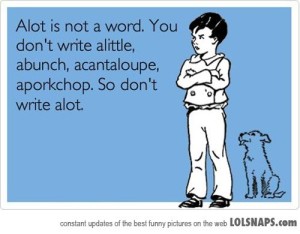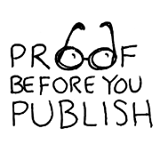Apr 23, 2014 | Tuesday Tips
Everyday (one word) is an adjective meaning ordinary.
Example: These are my everyday clothes.
Every day (two words) uses the adjective every to modify the noun day.
Example: I wear clothes every day.
Here’s a quick tip to help: If you’re not sure which to use, replace everyday/every day with each day. If the sentence still makes sense with each day in its place, then you want to use the two-word (every day) form.
Apr 20, 2014 | Extra Extra
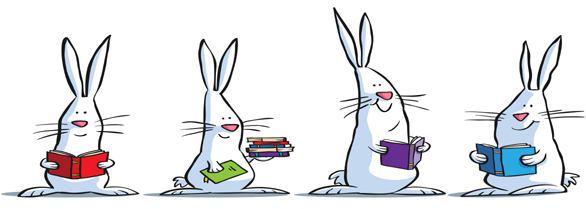
Apr 18, 2014 | Friday Fun
Here’s just a fun way to remember the Tuesday Tip from this week.
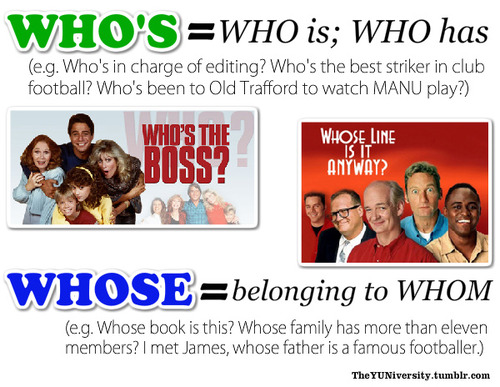
Apr 15, 2014 | Tuesday Tips
This tip is a problem I see quite often. Here’s a quick way to know which to use, and when.
Who’s: This is a contraction for who is or who has.
Example: Who’s coming over for dinner?
Whose: This is the possessive case of who or which.
Example: Whose house are we going to for dinner?
Here’s an easy trick: If you were to replace it with who is or who has, would the meaning change? If no, you want who’s. If yes, you want whose.
Apr 11, 2014 | Friday Fun

Apr 8, 2014 | Tuesday Tips
There is always BIG confusion when it comes to these LITTLE words. Here’s a breakdown for you regarding when and how to use them.
TO: in the direction of, toward
TOO: also, in addition
TWO: a pair, the number after one
Apr 3, 2014 | Extra Extra
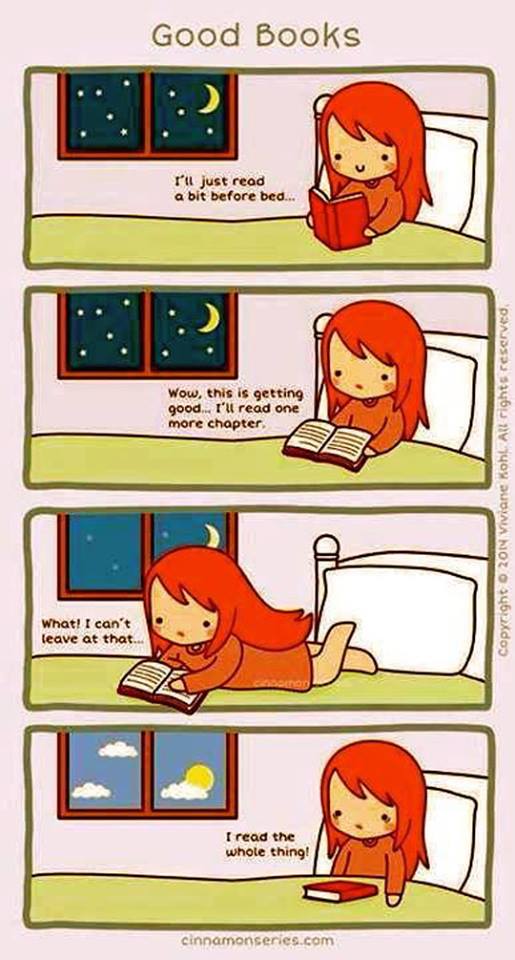
Apr 1, 2014 | Tuesday Tips |
Here are three general guidelines to help you know whether you should be using one word, or two.
1. Use onto (one word) to mean “on top of,” or “upon.”
2. Use onto (one word) when you mean you are “informed about something,” or “fully aware of something.”
3. Use on to (two words) when on is part of the verb, such as “logging on to a computer.”
Mar 31, 2014 | Extra Extra

Proof Before You Publish is now on Google+. Feel free to follow +1 our site.
Proof Before You Publish on Google+




